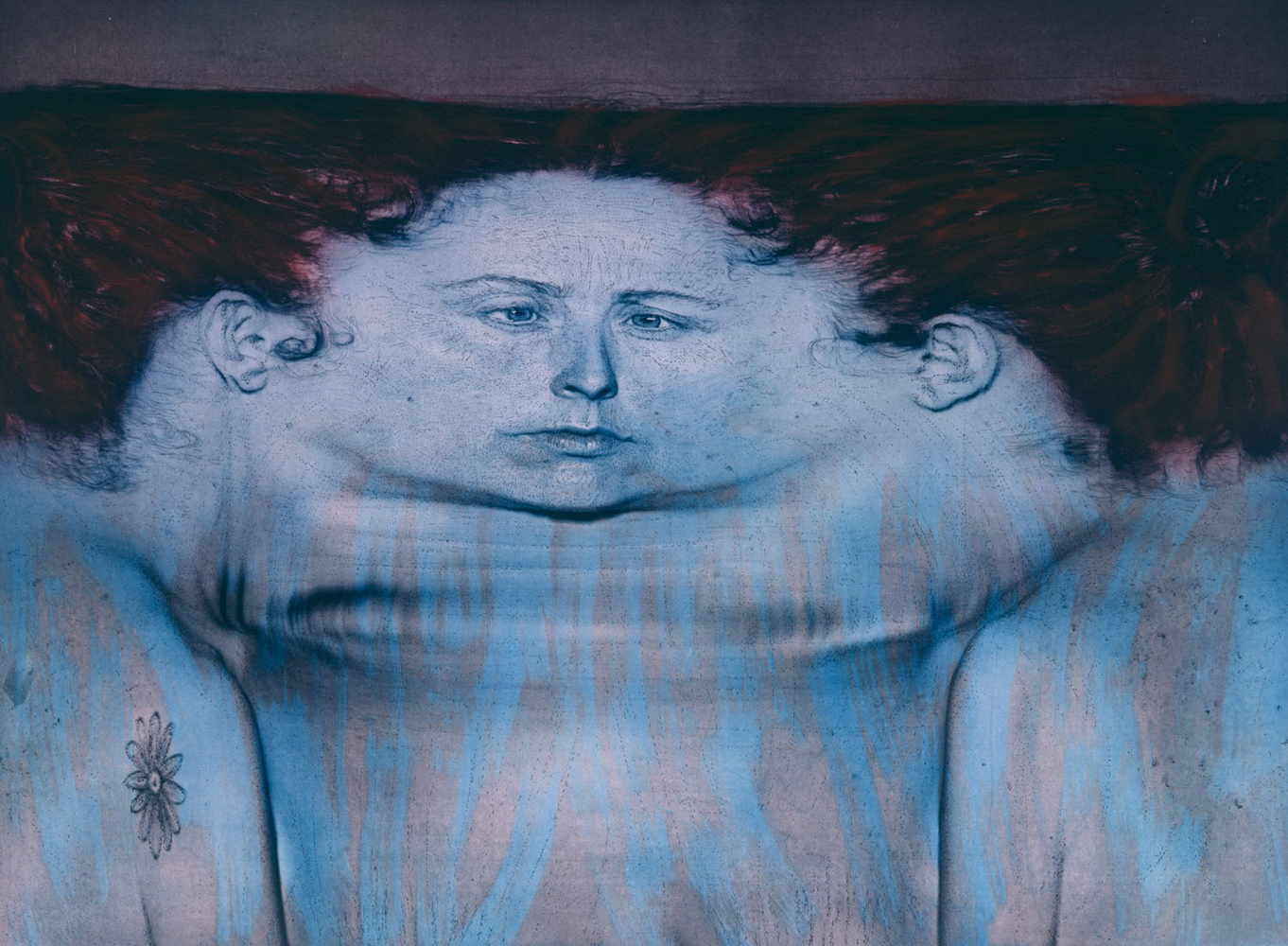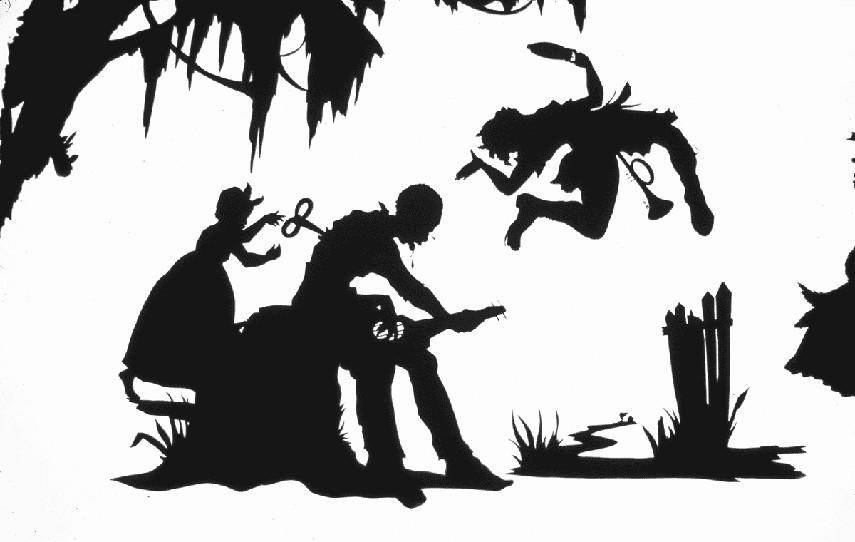Yayoi Kusama is an artist from
Japan who moved to New York in 1957. Kusama is known for her daring artwork. At the
time, she experimented with her artwork for example she had happenings in New
York where she painted naked people with polka dots.
“Dots Obessesion”, Yayoi Kusama
Her major repeated theme was that she almost always included polka dots. Kusama
associated polka dots with the sun and the moon due to them having the same shape.
The moon is thought of ascalm and soft. On the other hand, the sun is seen as the source of light and life. All the dots come together to show
infinity in her art work. She considered the polka dots a big movement and was
known for her abstract expressionism.
“Infinity Mirrored Room”, Yayoi Kusama
While the polka dots are am example of infinity, Kusama also used mirrors in order to show the concept of infinity. It forces the viewer to see themselves in the
vast world, where they stand, and how significant they are in the face of
the infinite magnitude. This infinity room resembles space, the stars, and the
planets. The viewer feels the illusion of standing in the middle of a vast
infinite space. Her art work comes from her experiences of mental illness where
she would often hallucinate. She got inspired by those hallucinations and
created her illusion where viewers are left to make sense of what they see.
Kiki
Smith is a German-born artist. Her art portrays various themes regarding the
human body. She lost her sister to AIDS, and many of her subjects are part of the exploration of the human body.
It also consists of body fluids which leads to women’s rights when it comes to
their menstrual cycle.
“My Blue Lake”, Kiki Smith
Kiki Smith is known for using her own face in her works. She
wanted to portray herself flat and not as a 3 dimensional image. She went to London and was able
to get access to a peripheral camera which was used for geological photography.
She spent a whole two days there taking pictures of her head and upper torso. It
can be seen how her body looks completely flat because she added color to the print
afterwards. The colors are meant to make her body look like the lake. Her hair
is meant to look like the shoreline sand and the rest of her is blue because
she is the lake. It is understandable now why Smith wanted her body to be flat
because it symbolizes the ground. She herself has become Mother Nature.
Kara
walker is an African American painter who is famous for panoramic friezes where
she cut the silhouettes out of black paper. The black paper is put against a
white wall. These friezes portray the African American history of slavery; the
images are violent so they can accurately address the truth.
Kara Walker, “Renaissance Society Installation”
Walkers work above shows a man hunched over a banjo. The
cutting is done in such detail that one can see the drool falling from his mouth suggesting that maybe the man is in pain and not in control of his body. He has a
key stabbed in his back where a little girl is about to turn it and wind the
man up. Viewers could get several messages from this work. Since her work
depicts slavery, one could conjecture that the man is being overworked and is
tired, but no one cares about his health. They just want the man to be all wound up again so he can continue his job.
Marlene Dumas is an artist born in South Africa. She is
focused more on painting and always paints from a source, either a photograph
that is obtained through media or a photograph that she herself has taken. Dumas
was inspired by abstract painters and you can see it in her work as her
paintings are not realistic. They are an abstract representation of the
original subject. Her paintings are
contemporary, portraying what is happening in the world at the time.
“The White Disease”, Marlene Dumas
One of Dumas’s contemporary works was during the disease of
apartheid. She painting an ageing woman from South Africa. This is a medical
photograph that showed a sick woman. Dumas captures her pale ghostly skin and you
can see there is barely any life in the painting, symbolizing death is on its way. The
painting is more abstract than realistic because one can see the face is not detailed.
Still, Dumas manages to capture the illness and the lifeless state of the woman.
The colors are watery so it gives the painting a transparency that adds
emphasis to the illness and the “withering” of the human body rather than being saturated colors which would have bought life to the painting instead.
Barbara
Kruger, from America, is a conceptual artist. She is known as a feminist artist and her work is known to arise questions from the viewer. She uses bold phrases and words that are put together from magazines and gives a new meaning to them. She
first develops her ideas on a computer and then transfers them to the posters
which are often very huge. The size of her posters are often billboard size.
She created a poster for the women’s march in 1989 that read
“your body is a battleground”. It was in support to women for legal abortion. She
is fighting for a woman’s right of her own body. Basically if the body is the
battleground then the person has to fight in it to obtain the rights to it. Kruger
works with words because they have more power according to her in determining
who the person is and who they want to be in the future.
“I shop therefore I am”, Barbara Kruger
This slogan by Kruger allows the viewer to think of material
consumption. She is challenging the idea of consumption. She keeps everything
simple and colorless so the viewers’ attention is grabbed by the vivid red.





No comments:
Post a Comment
Note: Only a member of this blog may post a comment.